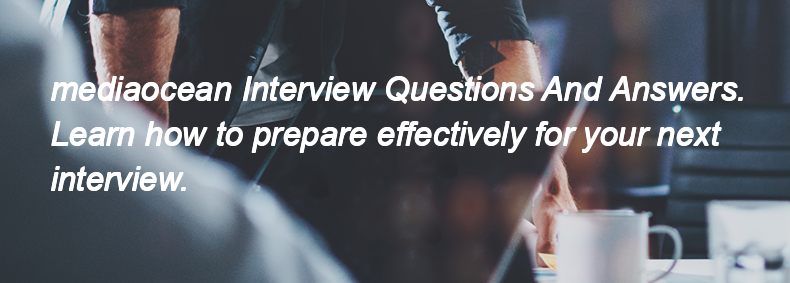To ensure I can pivot quickly when necessary, I take the following steps:
1. Stay informed about industry trends and changes.
2. Maintain flexibility in my plans and strategies.
3. Foster open communication with my team to share insights and feedback.
4. Regularly assess and review project progress and outcomes.
5. Develop a mindset that embraces change and encourages innovation.

